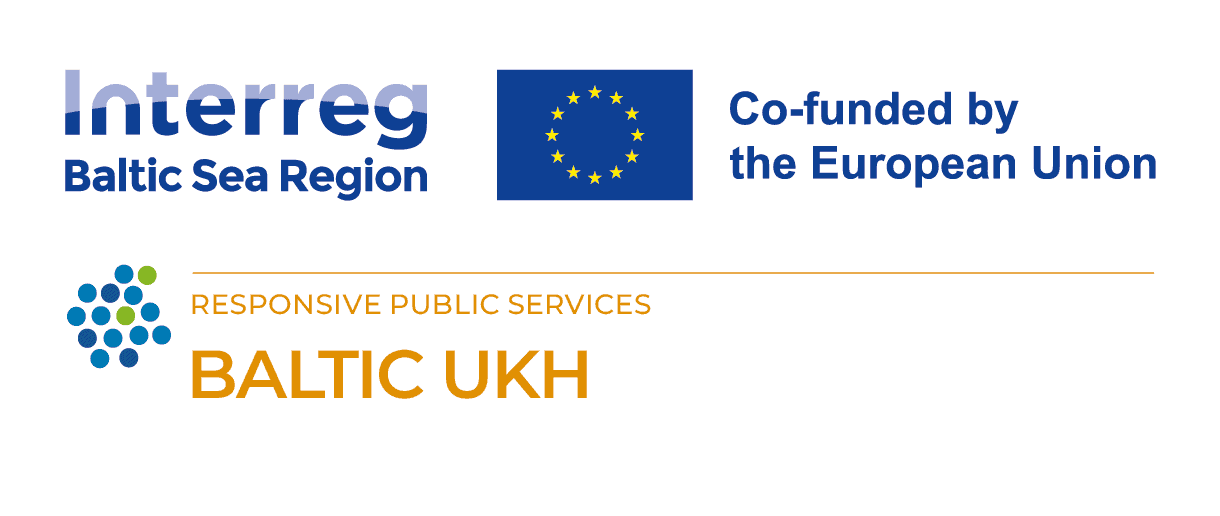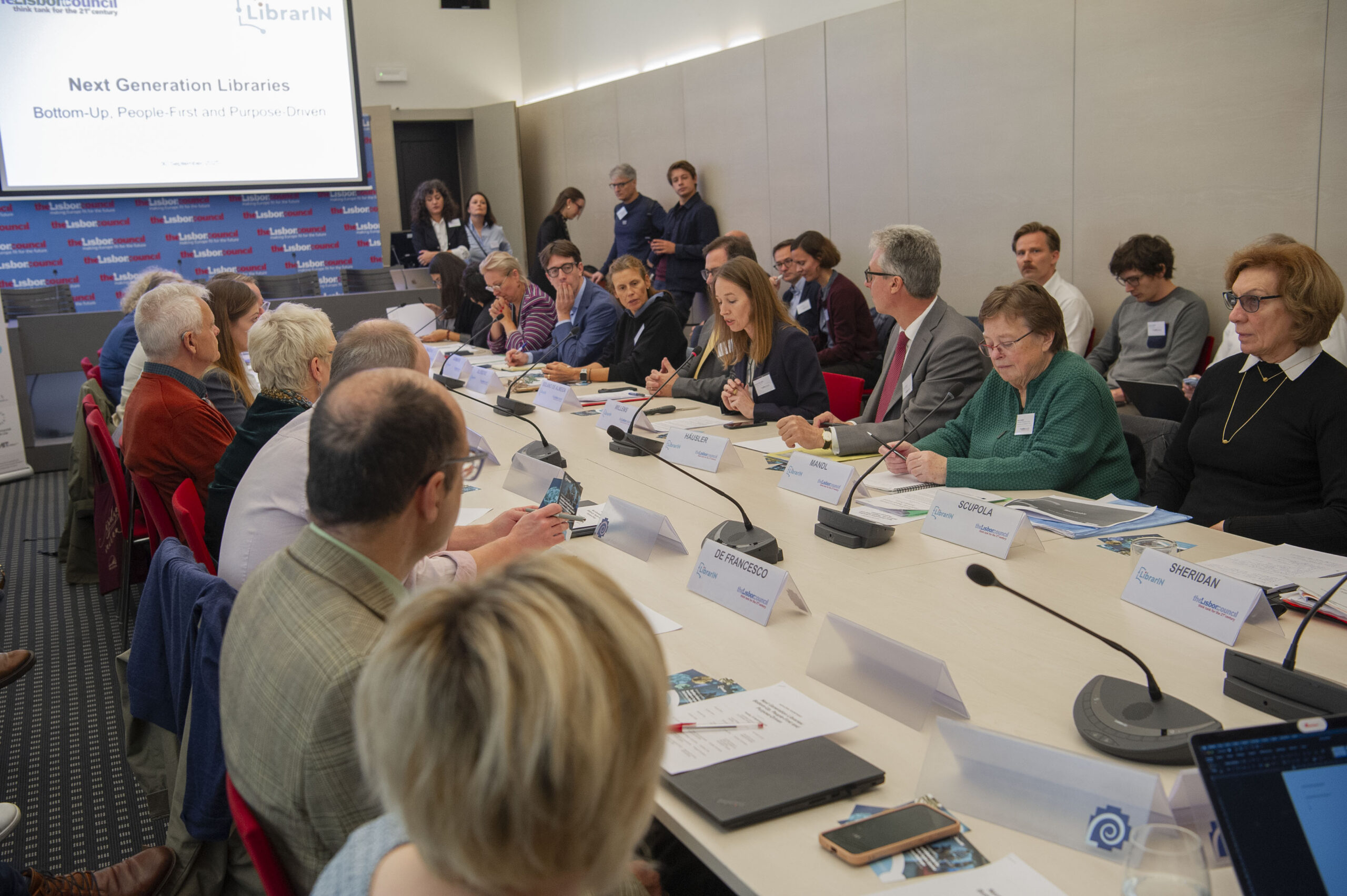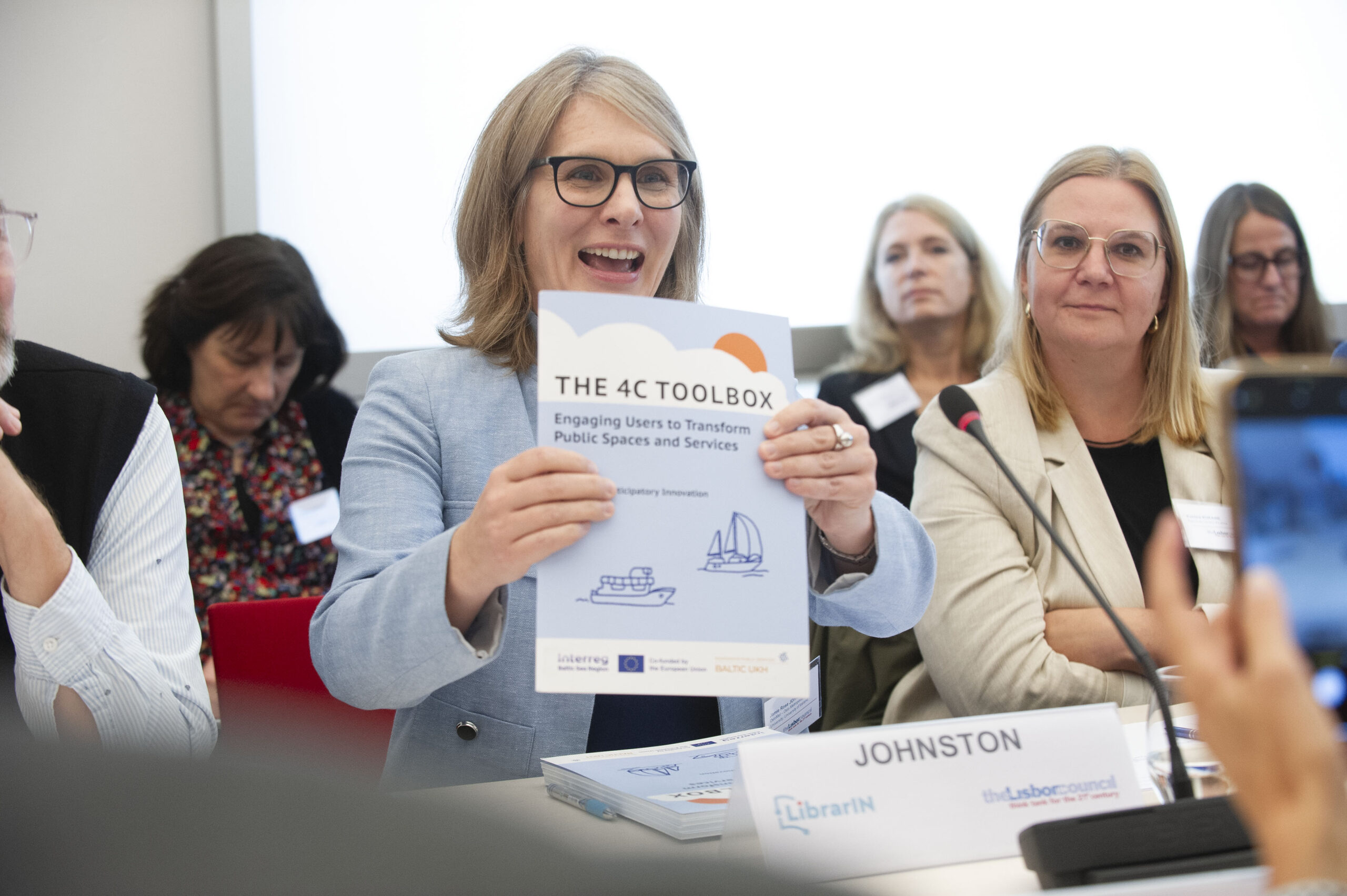
Baltic-UKH enhances LibrarIN’s vision for people-centred libraries
22 October 2025
In an era where communities demand more responsive and inclusive services, the shift away from top-down approaches in library innovation is gaining traction. Yet, according to findings from the LibrarIN project, genuine co-creation with users remains more of an exception than the rule. A large-scale survey conducted as part of the Horizon Europe-funded initiative revealed that only about 25% of high-priority innovations in public and academic libraries directly involve users – a clear indicator of ongoing structural challenges. These challenges include limited access to funding, particularly for smaller institutions, significant disparities between large and small libraries, and a general lack of dedicated innovation skills across the sector.
LibrarIN seeks to change that. The project aims to redefine the role of European libraries through participatory management and sustainable financing, positioning them as key cultural hubs of the 21st century.
Recognising the shared goals, aligned methodology and focus on community-driven innovation, the LibrarIN team integrated Baltic-UKH as a case study within several of its key activities:
It was showcased in the “What-Works” toolkit, LibrarIN’s living database of good practices in library innovation and social impact.
The Baltic-UKH project was also presented in a parallel session during LibrarIN’s final conference “Innovation and Value Co-Creation for a New Generation of Libraries” held at the University of Alcalá, Spain, on 22–23 May 2025.
The collaboration culminated at a high-level policy roundtable in Brussels on 30 September 2025, titled “Next Generation Libraries: Bottom-Up, People-First and Purpose-Driven”. The event brought together leading voices from across Europe, including representatives from the European Commission, to discuss how libraries can evolve into engines of community development and digital literacy. The Baltic-UKH 4C Toolbox – a practical framework for citizen-centred engagement – was spotlighted as one of the key innovations during the event. Project representatives Jamie Johnston (Oslo Metropolitan University / University of Iceland) and Katrīna Kukaine (National Library of Latvia) played an active role in the discussions, sharing insights and hands-on tools designed to inspire and support libraries and other organizations across Europe. Their involvement highlighted the value of cross-border collaboration and reinforced the growing recognition that bottom-up, community-driven innovation is essential to shaping the next generation of libraries.







